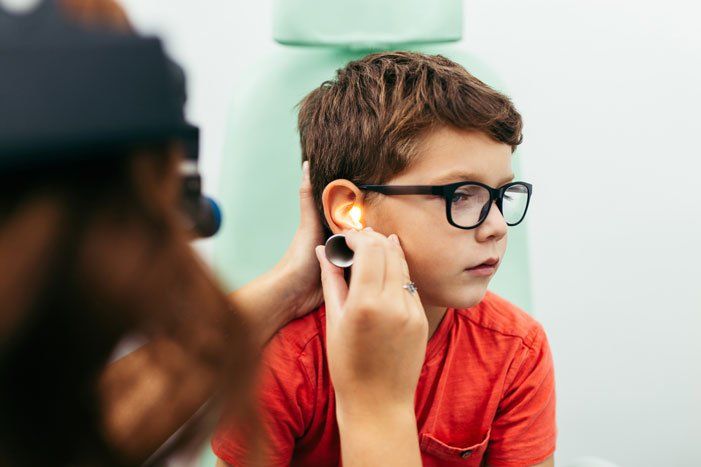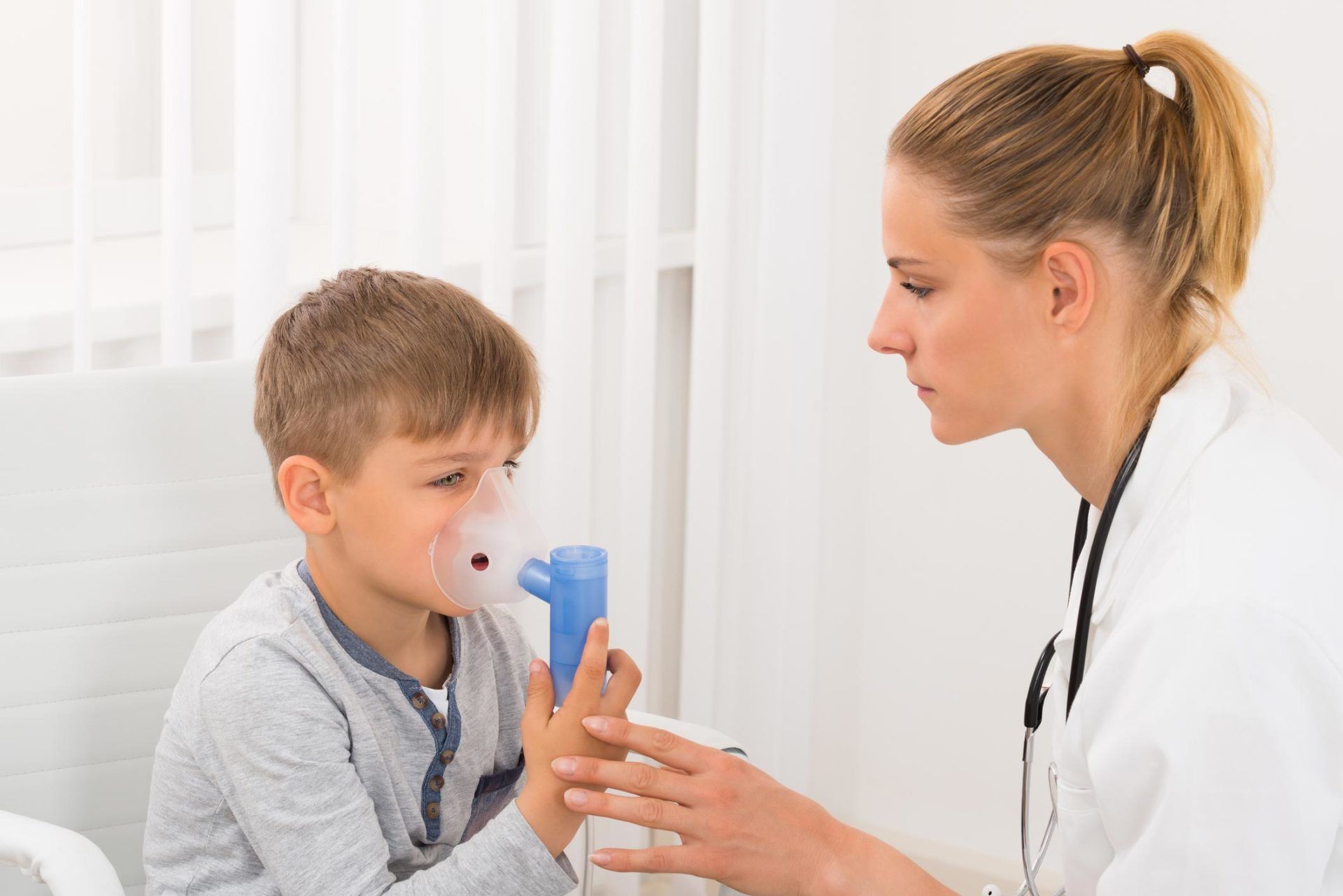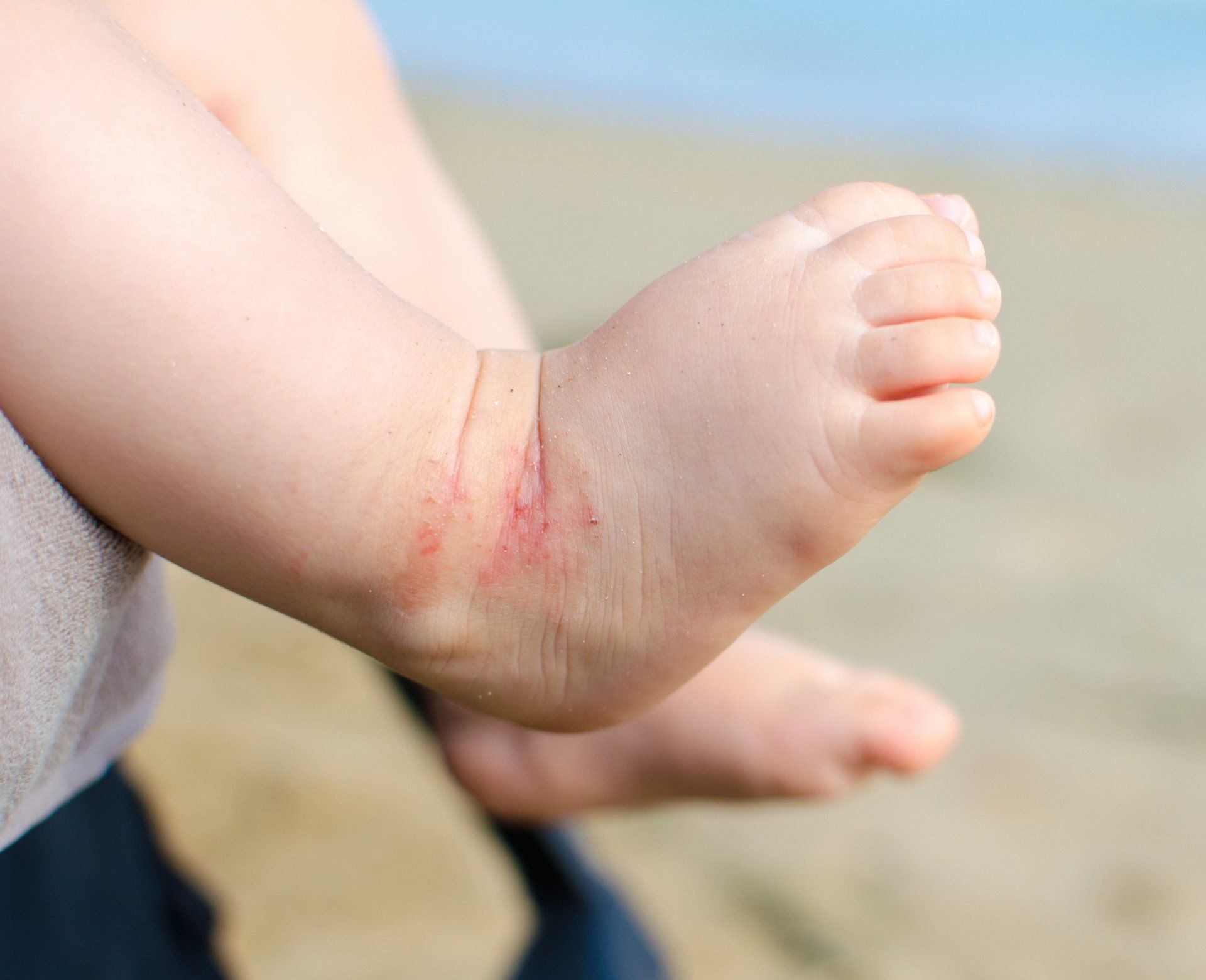What to Expect at Your Baby's Well Child Exam
Admin • December 6, 2019
If you're a parent to a baby, your baby's health is likely your top priority. Regular checkups, commonly referred to as well child visits, are a key tactic to ensure the continued health of your child. Know what to expect at these visits so you can be prepare any questions you may have for your pediatrician ahead of time.
Physical Examination
The physical examination ensures that your baby is in good health. It's designed to catch any health concerns early.
Measurements
Nearly every visit begins with measurements. Babies are typically measured lying down. The child's head is placed against a special board and the body is lined up with a measuring strip while a nurse holds the baby's legs gently in an extended position. The baby is also placed on a scale so that weight gain can be monitored.
Ears, Eye, and Throat
The ear, eye, and throat exam is both a visual and a functional examination. The visual exam involves looking into your child's ears, eyes, and throat to make sure everything is looking healthy. Your doctor will then likely perform a simple vision and hearing test to make sure the senses are functioning correctly. They'll check that the child's eyes dilate properly and follow objects, and that your child reacts to noises.
Internal Health
The internal examination typically involves a stethoscope, which the doctor uses to listen to your child's breathing, heartbeat, and the functioning of the digestive system. The doctor will also gently push and prod your child's abdomen and sides.
The main goal of the prodding is to catch issues like an umbilical hernia, a common condition that only requires monitoring unless it doesn't close on its own by the child's fourth birthday.
Developmental Examination
Your doctor isn't just concerned with physical health. They also want to ensure your child is developing normally.
Milestones
The pediatrician will use a milestone checklist to make sure your child is developing at a normal pace. They may check for things like the baby's ability to hold up their head by age two months or responding to their name by age six months. A delayed milestone alone isn't necessarily a reason for concern, but your doctor will want to monitor any delays to ensure they don't indicate an issue.
Motor Skill Development
Motor skills include things like grasping and being able to move the body. Young babies have fewer motor skills, so your doctor may only check that they have a firm grasp and can move their arms, legs, and head freely. As the child gets older, skills like the ability to hold a crayon, sit up, or crawl will also be assessed.
Stimuli Responses
How a baby responds to stimuli depends on the child's age. An infant may only respond by calming down or getting worked up, but an older baby may smile, coo, stare intently, or even reach out towards the stimuli. Your doctor will compare your child's reactions against a checklist of age-appropriate responses to specific stimuli.
Treatments and Recommendations
Once the examinations are done, treatments and ongoing recommendations are suggested.
Vaccinations
Generally, the only treatment most babies require at a well child checkup are their vaccinations. The doctor will provide you with the most up-to-date immunization schedule that they recommend for your child. Generally, during their first year a baby requires vaccinations at 2, 4, 6, and 12 months of age. If you have vaccination concerns, discuss them with your doctor. Vaccinations save lives and your doctor is happy to answer any questions.
Follow-Up Visits
If any concerns were raised during the visit, your doctor may schedule a follow-up either with themselves or a specialist. For example, stubborn rashes may lead to a recommendation to visit a skin allergist or a dermatologist.
Contact
Y.H. Parikh & Associates to set up a well child visit for your baby today.
Periodic hearing screenings can detect hearing loss before your child falls behind in school or experiences developmental delays. Learn more here.
When your baby is little, you won't know exactly what he or she is allergic to. Read this blog to learn about allergy tests for babies.
Allergies make your child miserable. Here is more information about what causes springtime allergies, their symptoms, and common ways to combat them.
Does your child have severe food allergies? Read this blog for seven necessities pediatricians are likely to recommend for children like this.








